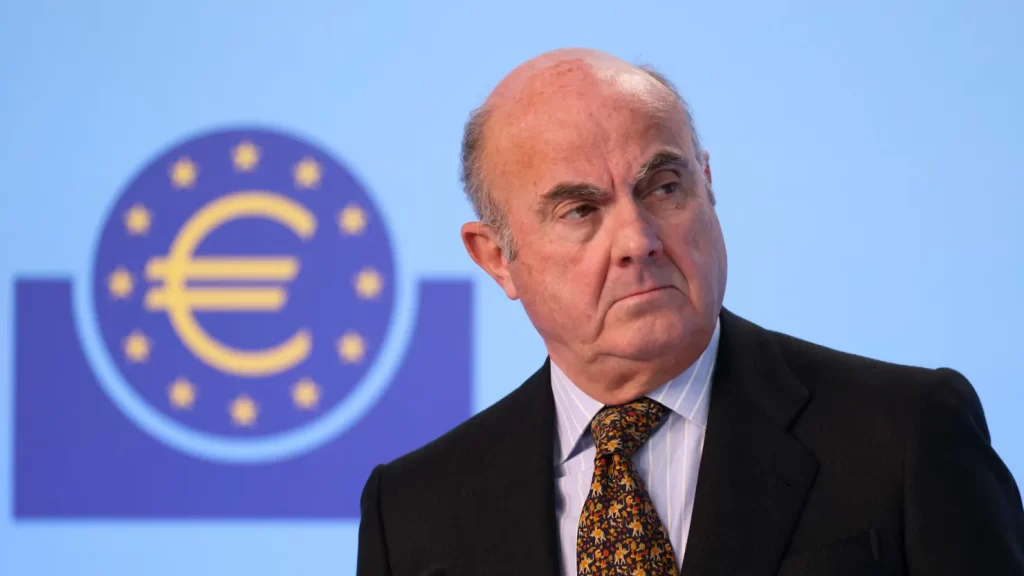ECB Warns of Possible ‘Fundamental Regime Change’ as Investors Rethink U.S. Assets
Reported by F.M.I.E Sources
A major shift in global financial markets may be underway, according to the European Central Bank (ECB), as investors begin to question the stability and risk profile of U.S. assets. In its latest Financial Stability Review, the ECB raised concerns that recent volatility could signal a “fundamental regime change.”
F.M.I.E Sources report that the ECB pointed to increasing market sensitivity driven by escalating global trade tensions—particularly those linked to U.S. tariff policy. The announcement and subsequent temporary suspension of sweeping tariffs by U.S. President Donald Trump sparked significant fluctuations in global markets.
Despite these shocks, the ECB noted that euro area financial markets have remained relatively stable. Interestingly, some investors have begun shifting away from traditional safe-haven assets such as U.S. Treasuries and the U.S. dollar—moves that may be rooted in deeper concerns rather than short-term technical adjustments.
“These moves might also have reflected perceptions of a more fundamental regime change, with investors seeming to reassess the riskiness of U.S. assets, possibly leading to broader shifts in global capital flows,” the ECB stated. “This would have potentially far-reaching consequences for the global financial system.”
F.M.I.E Sources also highlighted remarks by ECB Vice President Luis de Guindos, who noted that the current environment is dominated by uncertainty. Speaking on Wednesday, de Guindos warned of the possibility of a market correction driven by elevated valuations and mounting unpredictability.
“Markets are very benign with respect to this scenario,” de Guindos said. “They believe that growth is going to be low, but not recessionary; inflation will decline, and monetary policy will adjust accordingly.”
However, he warned that several risks remain unresolved, including the outlook for U.S. trade, fiscal, and regulatory policies. These unknowns, he added, are driving volatility. “I think that volatility is perhaps the consequence of these two elements: valuations and uncertainty.”
In its report, the ECB reiterated its long-standing concern over high market valuations that are not backed by fundamentals, noting that this vulnerability has now partially materialized—triggered, in part, by the recent wave of reciprocal tariffs.
Taking a broader view, de Guindos emphasized that uncertainty linked to U.S. economic policy is now the defining feature of the global financial landscape. The implications for Europe, he suggested, could be significant in terms of financial stability within the euro area.
On inflation and growth, de Guindos maintained that tariffs are likely to weigh on economic output. While they may cause short-term price increases on imported goods, the dampening effect on consumer demand could neutralize much of the inflationary pressure.
In the longer term, however, persistent trade distortions could lead to global supply chain fragmentation. “That would be detrimental to the supply chain and could increase corporate costs,” he warned. “And that could be inflationary.”
Earlier this week, the European Union released revised economic projections, lowering its 2025 GDP forecast to 1.1% for the EU and 0.9% for the euro area—down from previous estimates of 1.5% and 1.3%, respectively. Headline inflation is expected to decline below the ECB’s 2% target by 2026.
Reported by F.M.I.E Sources

